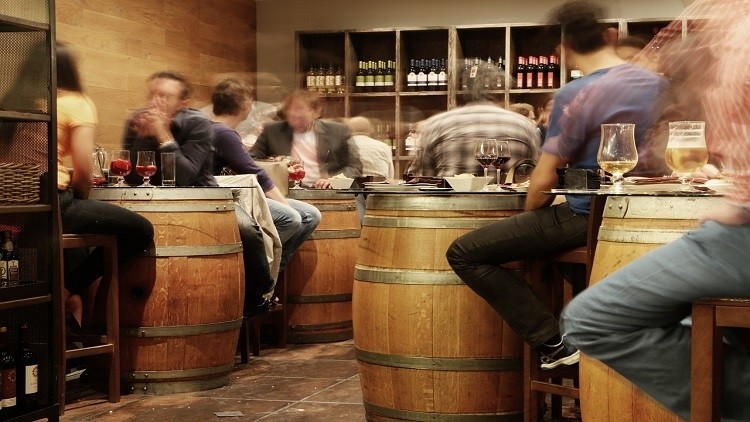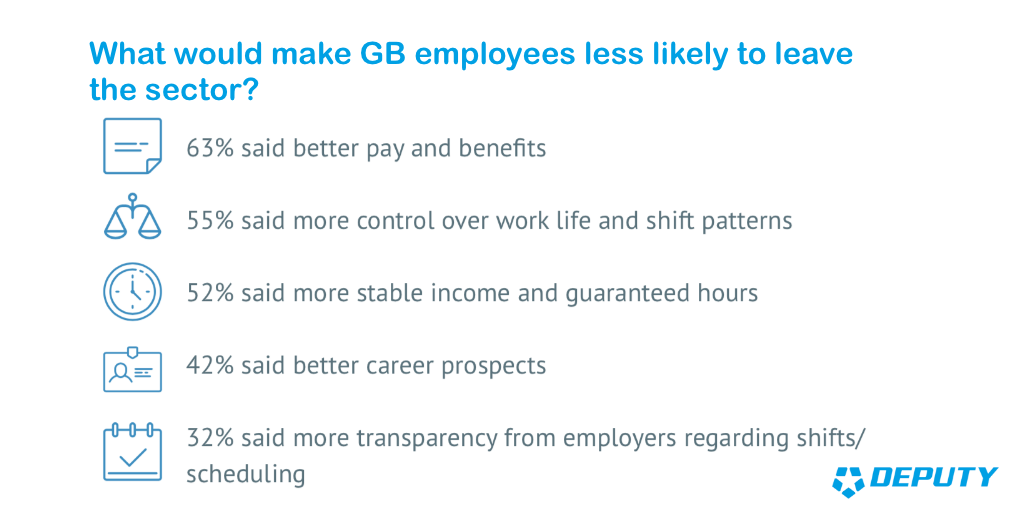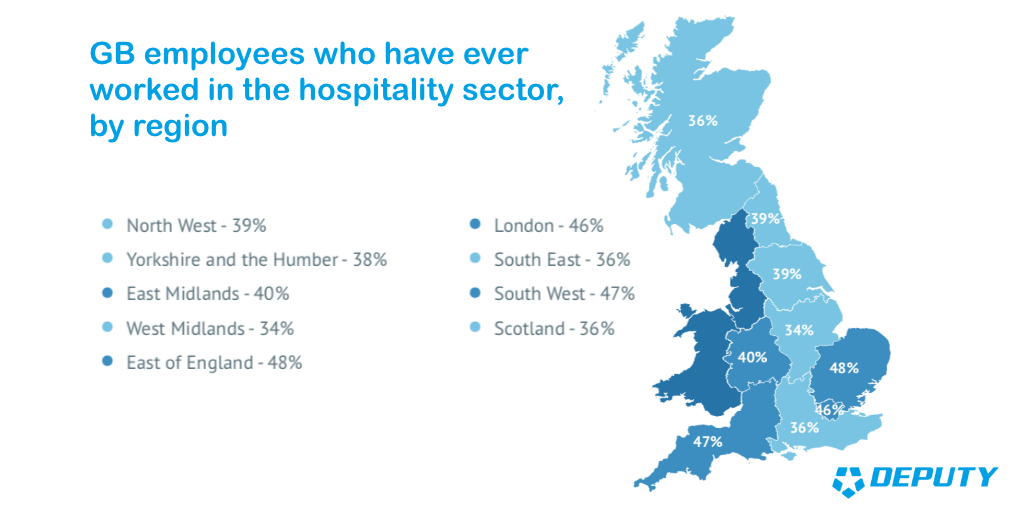Why is hospitality staff retention so low?

YouGov asked former employees in the hospitality sector for their reasons for leaving because the industry’s annual staff retention level is just 70% – well under the UK average of 85%.
Inconvenient hours, low pay and benefits and a perceived lack of career progression were the top reasons recorded in results published by workforce management software company Deputy.
Only 3% of those surveyed said they chose the sector for its career prospects and just over half of the respondents said they thought more control over work and shift patterns would make workers less likely to leave or look for a job in a different sector.
Deputy Europe, Middle East and Africa general manager David Kelly pointed to fears about a "Brexodus" of workers.
Brexit fears
Kelly explained: “Everyone in the hospitality sector is worried about what Brexit will mean for the workforce.
“As the willing talent pool dries up, increasing retention in the hospitality sector over the next few years is vital.
“Beyond more pay, what we found is that workers want more control over their working lives and more stability.
“Anyone who has worked in the hospitality sector knows what it feels like not to know when you’ll be working week to week. It’s stressful and limits your ability to plan and enjoy your life.
“We believe that changes can be made in easy areas that will help improve retention rates.”
Perceptions
British Beer & Pub Association (BBPA) chief executive Brigid Simmonds said retention was a chronic problem and somewhat caused by a perception that long-term careers were not available.
She added: “Many pub companies have active and creative retention strategies, using team members to help in other pubs and the introduction of mentoring schemes, as well as rewards for those who are performing well to help them widen their knowledge."
The BBPA has pledged funding for a skills element of a bid for a tourism sector deal within the Government’s industrial strategy.
It also supports the Hospitality Works initiative with Jobcentre Plus and excellence awards including Parliamentary Pub Chef of the Year.
Some positives
UKHospitality chief executive Kate Nicholls pointed to the positives. She said: “Employers in the hospitality sector pride themselves on providing opportunities and training for anyone wanting to break into the sector and begin a worthwhile career.
“Initiatives like our Operations Managers Awards show that there is certainly no shortage of opportunities for ambitious and driven individuals in the sector.
“Our data shows that operating costs in the sector now stand at almost 52% of turnover and that payroll costs are the single largest cost at almost 28% of turnover."
Nicholls also suggested tax reform was needed in order to make higher wages viable.
She explained: “Hospitality businesses already work hard to provide staff with a decent salary, but they would be in a much better position to offer more if they were not consistently hamstrung by crippling taxes that restrict their ability to invest.”









